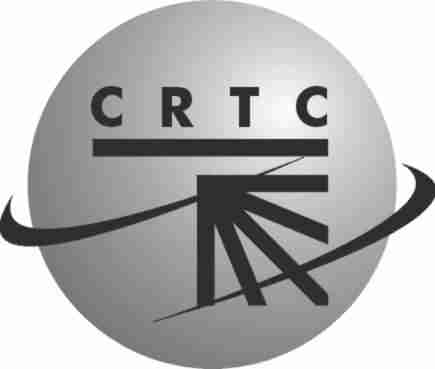Virgin Mobile has begun notifying their Broadband2Go customers of how they plan to continue delivering “an outstanding customer experience”: by throttling the speeds of any customer who exceeds 5GB of usage per month.
Many Virgin Mobile customers have been in touch with Stop the Cap! about they feel is bait and switch pricing engaged by Sprint’s prepaid mobile division. At issue — customers who invested $75-150 in equipment to sign up for a service they were sold on being “unlimited.” Virgin Mobile made the “unlimited” part of its service the focus of its marketing.
The company characterizes the decision to adopt an Internet Overcharging scheme “a difficult choice,” but it’s one that that will ultimately help the company’s bottom line while costing many of their customers a substantial amount of money for a service they might never have purchased had they known it was going to be limited.
As is the case with almost every Internet Overcharging scheme we’ve seen, the same marketing that promised an “unlimited” experience now promises that such usage limits won’t impact most customers. In fact, the company’s notification states, “you can send over 500,000 e-mails or browse the web for 250 hours a month!” Of course, nobody except spammers send that much e-mail, so that kind of boasting is ultimately meaningless to customers.
What is more meaningful is that Virgin’s new 5GB cap will effectively mean customers have to heavily ration their online experience, especially if it includes multimedia. In fact, customers won’t be able to watch more than a handful of HD movies using the service. That’s a $40 movie pass some customers would have passed up had they known it came with limits.

This notification arrived in our e-mail box this morning. Despite the spin, the e-mail is likely to enrage customers, especially those who only recently invested money in Virgin Mobile equipment they can no longer return for a refund.
In fact, Virgin Mobile’s return to the land of Internet Overcharging is nothing new for the company. Customer response to the company’s earlier prepaid wireless broadband plans were, to say the least, underwhelming.
Virgin Mobile’s new usage limits are less about “delivering the same quality service you’ve come to expect” and more about protecting Sprint’s more lucrative postpaid mobile data customers who pay more to use the same 3G network. While Stop the Cap! agrees delivering an unlimited wireless broadband service remains a difficult challenge with the current limits on wireless capacity, Virgin Mobile’s about-face comes uncomfortably fast — just six months after unveiling and heavily promoting its “unlimited” service. Just as with Clearwire, Sprint has managed to oversell its network and not invest sufficiently in expanding it to meet customer demands. Nor has either company educated customers about the inherent limitations wireless broadband has, especially on an overcrowded network.
Sources tell us Virgin Mobile, much like Clearwire, suffered from some customers trying to use peer to peer software, sometimes for days on end (simply a ridiculous endeavor on most of the wireless networks we’ve experienced). But the company did little to explain to customers that such software often does not work well on these types of networks, and using it 24/7 is likely going to create issues not only for that customer, but for others as well. Instead, blanket usage limits punish everyone.
Customers deserve more than platitudes from Virgin Mobile. Any customer that wants to cancel their service should be given a full refund by Virgin for equipment costs they incurred when signing up. Further, Virgin Mobile’s customer policies do not generally allow money on account, but as of yet unspent, to be refunded to departing customers. That policy should be waived in this instance. Any unspent funds should be credited back to the customer’s credit card or refunded by check.


 Subscribe
Subscribe







